Last week the University Council approved the schedule of student tuition fees for 2020. This annual exercise is always a challenging task: how much can our students – current and prospective – and, in some cases, their sponsors, afford to pay? what does it cost the University and its Colleges to continue to deliver high quality awards?
The task is made more complex by a range of environmental factors, such as weak growth in wages and low interest rates. Then there is the distinctive nature of the University of Divinity. While our students pay full fees, as the University does not receive Commonwealth Supported Places, most of them have access to FEE-HELP, the government study loan program. Moreover, our undergraduates have benefited considerably from the removal this year of the 25% loan fee applicable to students at private providers accessing FEE-HELP.
For several years now, we have been unique in the Australian higher education sector in charging overseas students the same tuition fees as domestic students. Overseas students are not a market for the University, but are part of its mission. For nearly all of these students are sent to the University by our partners in the churches and religious orders to train for ministry and service in some of the world’s poorest communities.
Many students find the greatest cost of study is not money, but time. The sacrifice of time is considerable: it might instead be spent earning an income, caring for families and neighbours, keeping a household running smoothly, participating in community service.
Underlying the question of tuition fees is the paradox that education is not a commodity which can simply be bought, sold or exchanged. While a responsible higher education provider will not admit a student who does not have a reasonable chance of satisfactorily completing an award, there is no cast-iron guarantee of success. You can buy a book, but it brings no benefit unless it is read. At a University, a degree must be earned, not purchased.
Perhaps the greatest cost of study is the willingness to put one’s self on the line, to be challenged, stretched, affirmed, and tested. Every student who enrols takes the risk that, sometimes, the cost of study will include failure, though always with the hope of new learning and new opportunity emerging.
Each year, as I think about the financial cost of study, I am encouraged anew by the courage of our students who are willing to take this leap into theological study, seeking wisdom and understanding so that they may be prepared for the service of others. As the ancient book of Proverbs says,
Happy are those who find wisdom,
and those who get understanding,
for her income is better than silver,
and her revenue better than gold.
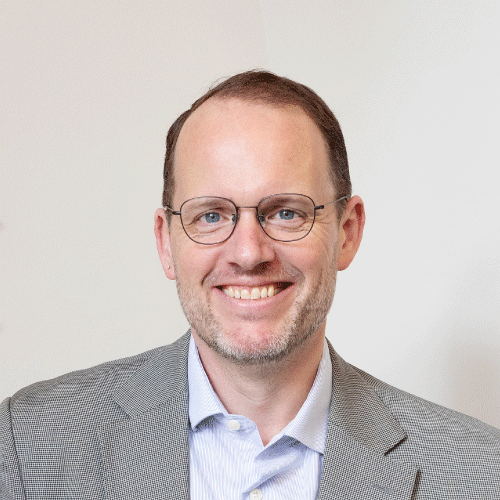
Emeritus Professor Peter Sherlock was the Foundation Vice-Chancellor of the University of Divinity from 2012-2024. He is a cultural and religious historian of Renaissance and Reformation Europe and an expert on governance and leadership in educational and church settings. A graduate of the University of Melbourne and the University of Oxford, his academic career has included an ARC Postdoctoral Fellowship in History at the University of Melbourne and four years as Dean of the United Faculty of Theology, Melbourne.


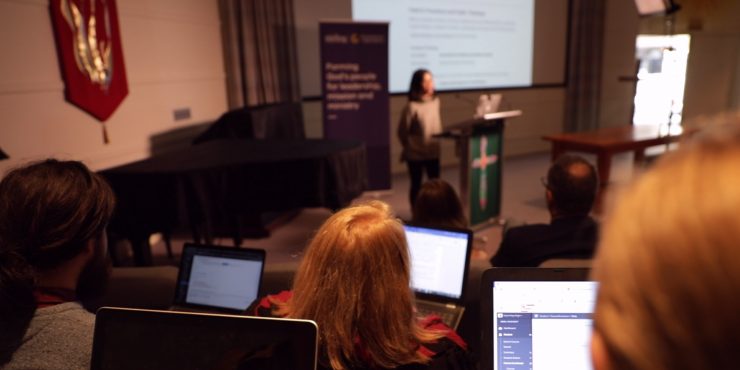
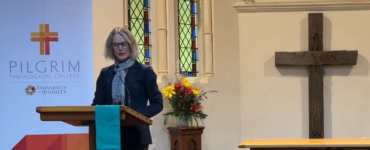

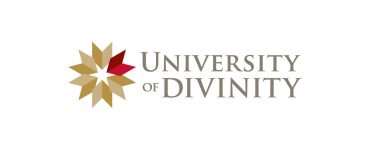
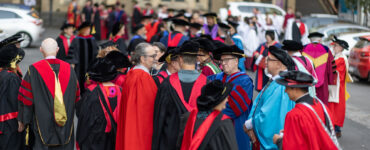
Ah, such good words.